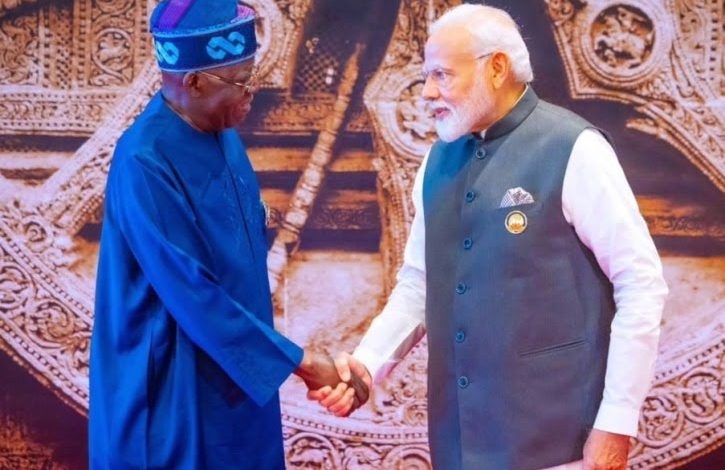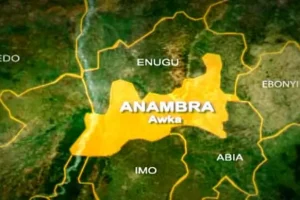
The apex Igbo socio-cultural organization, Ohanaeze Ndigbo, has expressed both optimism and concern regarding the historic visit of Indian Prime Minister Narendra Modi to Nigeria.
While celebrating the visit as a significant opportunity to strengthen bilateral ties between the two nations, Ohanaeze has also raised critical issues regarding the reported detention of over 1.3 million Nigerians across 28 states in India.
In a statement issued by the organization’s Secretary-General, Mazi Okechukwu Isiguzoro, Ohanaeze highlighted the potential for this visit to enhance cooperation between Nigeria and India, particularly in the areas of technology, infrastructure, and economic development. The group sees the visit as a positive step toward fostering stronger bilateral relations and exploring new avenues for growth.
However, alongside the positive aspects of the visit, Ohanaeze emphasized the urgent need to address the plight of Nigerians currently detained in India. Many of these individuals, according to the group, are victims of harsh immigration laws, systemic challenges, and, in some cases, alleged racial discrimination. The statement called on President Bola Ahmed Tinubu to prioritize this issue during his discussions with Prime Minister Modi, urging for the release of innocent detainees and the fair treatment of those awaiting justice.
The statement read, “This visit presents a unique opportunity to tackle long-standing immigration issues that have adversely affected Nigerians in India. A frank and informed dialogue can pave the way for solutions that benefit both nations.”
A particularly concerning issue, according to Ohanaeze, is the staggering number of Nigerians who are currently imprisoned in India, which they claim is the highest concentration of Nigerian detainees in any foreign country. The group described the situation as deeply troubling, calling for immediate diplomatic action to address the matter.
“Our reliable sources have informed us that many of these individuals have been wrongfully detained under overly strict immigration laws that fail to distinguish between legitimate visitors, including students, medical tourists, and businesspeople, and those who may have overstayed their visas due to administrative complications,” the statement noted.
Ohanaeze also called for these issues to be placed on the agenda during the forthcoming talks between President Tinubu and Prime Minister Modi, urging the Nigerian president to push for the release of the detained individuals and advocate for fair trials and humanitarian measures, including possible state pardons.
It was also emphasized that the group’s advocacy was not intended to protect those convicted of crimes under Indian law, but rather to secure justice for those who have been wrongfully detained due to bureaucratic inefficiencies or racial prejudice.
Furthermore, Ohanaeze proposed that the visit be used as an opportunity to explore Nigeria’s potential inclusion in the BRICS economic bloc, which they believe could lead to greater economic stability and improved trade relations. By integrating Nigeria into this powerful group of emerging economies, Ohanaeze sees the possibility of advancing Nigeria’s economic interests on the global stage.
In conclusion, Ohanaeze expressed confidence that a balanced approach to Nigeria-India relations—one that combines economic collaboration with a strong commitment to human rights—could redefine the partnership between the two countries, offering substantial benefits for both sides.





